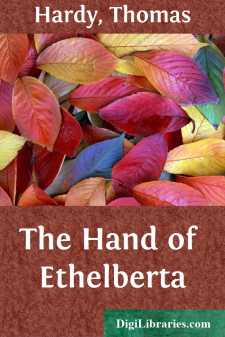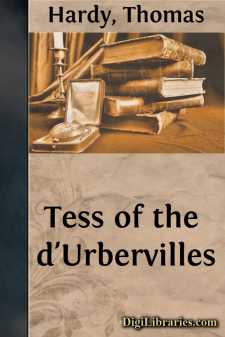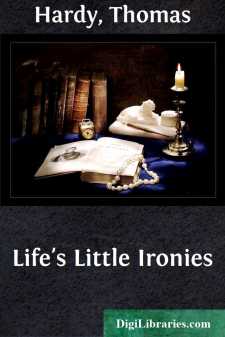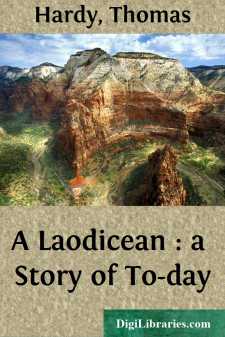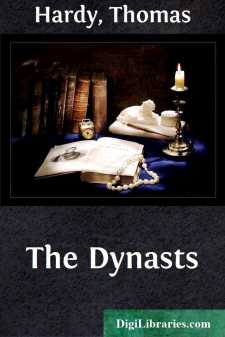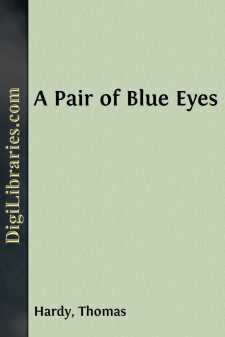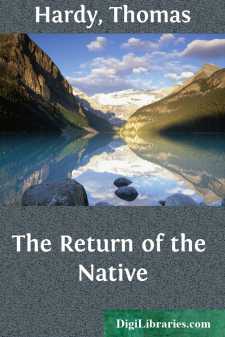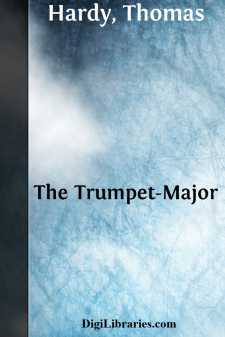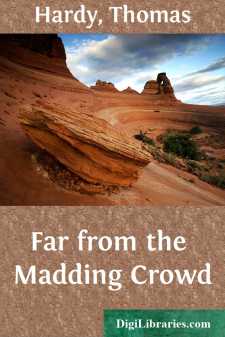Categories
- Antiques & Collectibles 13
- Architecture 36
- Art 48
- Bibles 22
- Biography & Autobiography 813
- Body, Mind & Spirit 142
- Business & Economics 28
- Children's Books 15
- Children's Fiction 12
- Computers 4
- Cooking 94
- Crafts & Hobbies 4
- Drama 346
- Education 46
- Family & Relationships 57
- Fiction 11828
- Games 19
- Gardening 17
- Health & Fitness 34
- History 1377
- House & Home 1
- Humor 147
- Juvenile Fiction 1873
- Juvenile Nonfiction 202
- Language Arts & Disciplines 88
- Law 16
- Literary Collections 686
- Literary Criticism 179
- Mathematics 13
- Medical 41
- Music 40
- Nature 179
- Non-Classifiable 1768
- Performing Arts 7
- Periodicals 1453
- Philosophy 64
- Photography 2
- Poetry 896
- Political Science 203
- Psychology 42
- Reference 154
- Religion 513
- Science 126
- Self-Help 84
- Social Science 81
- Sports & Recreation 34
- Study Aids 3
- Technology & Engineering 59
- Transportation 23
- Travel 463
- True Crime 29
The Hand of Ethelberta
by: Thomas Hardy
Description:
Excerpt
1. A STREET IN ANGLEBURY—A HEATH NEAR IT—INSIDE THE ‘RED LION’ INN
Young Mrs. Petherwin stepped from the door of an old and well-appointed inn in a Wessex town to take a country walk. By her look and carriage she appeared to belong to that gentle order of society which has no worldly sorrow except when its jewellery gets stolen; but, as a fact not generally known, her claim to distinction was rather one of brains than of blood. She was the daughter of a gentleman who lived in a large house not his own, and began life as a baby christened Ethelberta after an infant of title who does not come into the story at all, having merely furnished Ethelberta’s mother with a subject of contemplation. She became teacher in a school, was praised by examiners, admired by gentlemen, not admired by gentlewomen, was touched up with accomplishments by masters who were coaxed into painstaking by her many graces, and, entering a mansion as governess to the daughter thereof, was stealthily married by the son. He, a minor like herself, died from a chill caught during the wedding tour, and a few weeks later was followed into the grave by Sir Ralph Petherwin, his unforgiving father, who had bequeathed his wealth to his wife absolutely.
These calamities were a sufficient reason to Lady Petherwin for pardoning all concerned. She took by the hand the forlorn Ethelberta—who seemed rather a detached bride than a widow—and finished her education by placing her for two or three years in a boarding-school at Bonn. Latterly she had brought the girl to England to live under her roof as daughter and companion, the condition attached being that Ethelberta was never openly to recognize her relations, for reasons which will hereafter appear.
The elegant young lady, as she had a full right to be called if she cared for the definition, arrested all the local attention when she emerged into the summer-evening light with that diadem-and-sceptre bearing—many people for reasons of heredity discovering such graces only in those whose vestibules are lined with ancestral mail, forgetting that a bear may be taught to dance. While this air of hers lasted, even the inanimate objects in the street appeared to know that she was there; but from a way she had of carelessly overthrowing her dignity by versatile moods, one could not calculate upon its presence to a certainty when she was round corners or in little lanes which demanded no repression of animal spirits.
‘Well to be sure!’ exclaimed a milkman, regarding her. ‘We should freeze in our beds if ’twere not for the sun, and, dang me! if she isn’t a pretty piece. A man could make a meal between them eyes and chin—eh, hostler? Odd nation dang my old sides if he couldn’t!’
The speaker, who had been carrying a pair of pails on a yoke, deposited them upon the edge of the pavement in front of the inn, and straightened his back to an excruciating perpendicular. His remarks had been addressed to a rickety person, wearing a waistcoat of that preternatural length from the top to the bottom button which prevails among men who have to do with horses. He was sweeping straws from the carriage-way beneath the stone arch that formed a passage to the stables behind....


